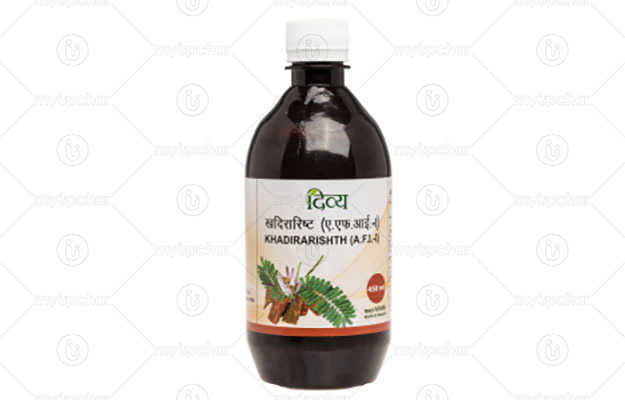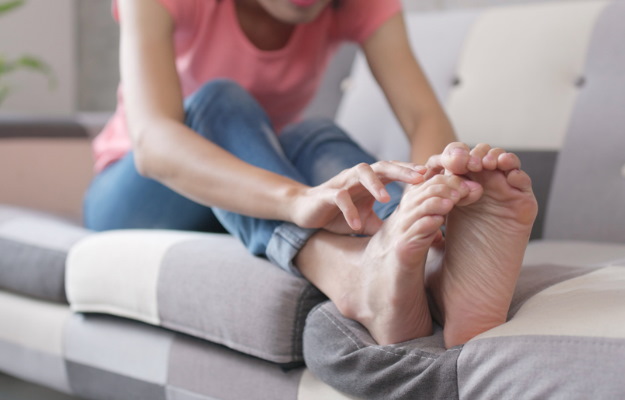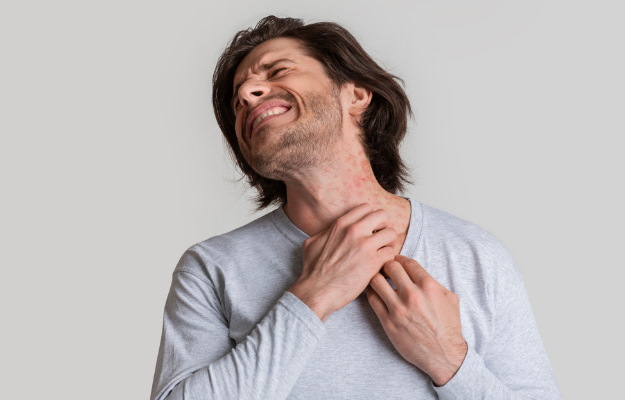Many people experience genital itching after masturbation or sex with a partner. Dry skin, low lubrication, or excessive friction can cause temporary itching that often resolves without treatment. If itching is felt due to any other symptoms other than this, medical attention is required.
Mild itching and burning may occur for a short period of time and may resolve on its own. This sometimes includes irritation from condoms, lubricants, or spermicides, as well as allergic reactions to these products.
Persistent or severe itching may be a sign of an underlying condition that requires treatment. For example, itching may be a symptom of a yeast infection, a sexually transmitted disease (STD) such as chlamydia or gonorrhea, or other skin conditions.
If itching causes a rash, unusual discharge, pain, or other unusual symptoms, it is important to seek medical help.
Read more - (Different types of sex)
To extend the time to male orgasm by slightly numbing the skin, try delay spray for men, which delays sperm release and is an effective, long-lasting formula.












































